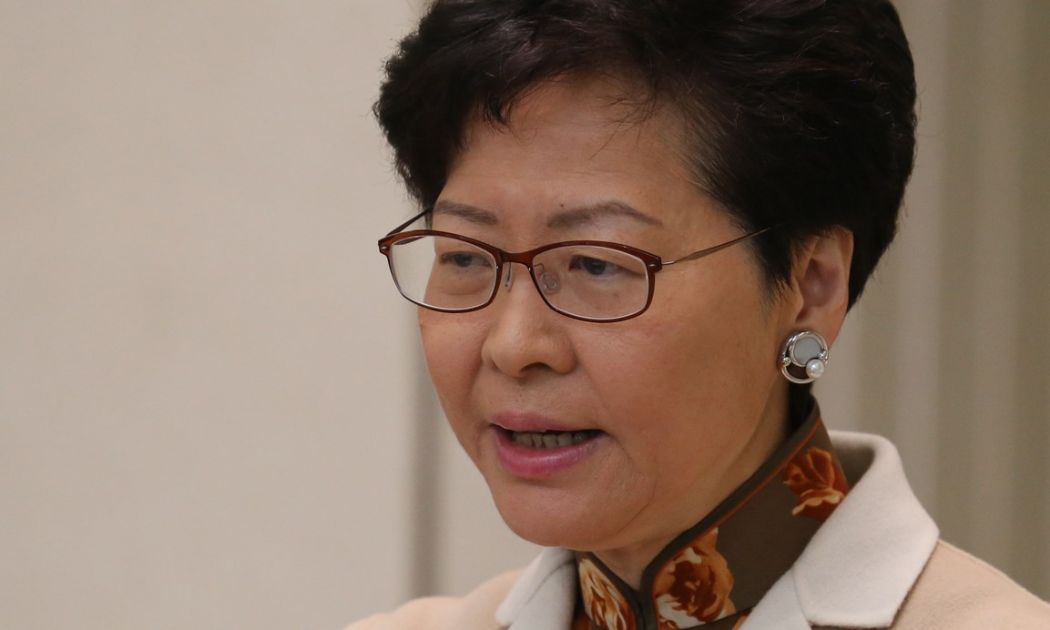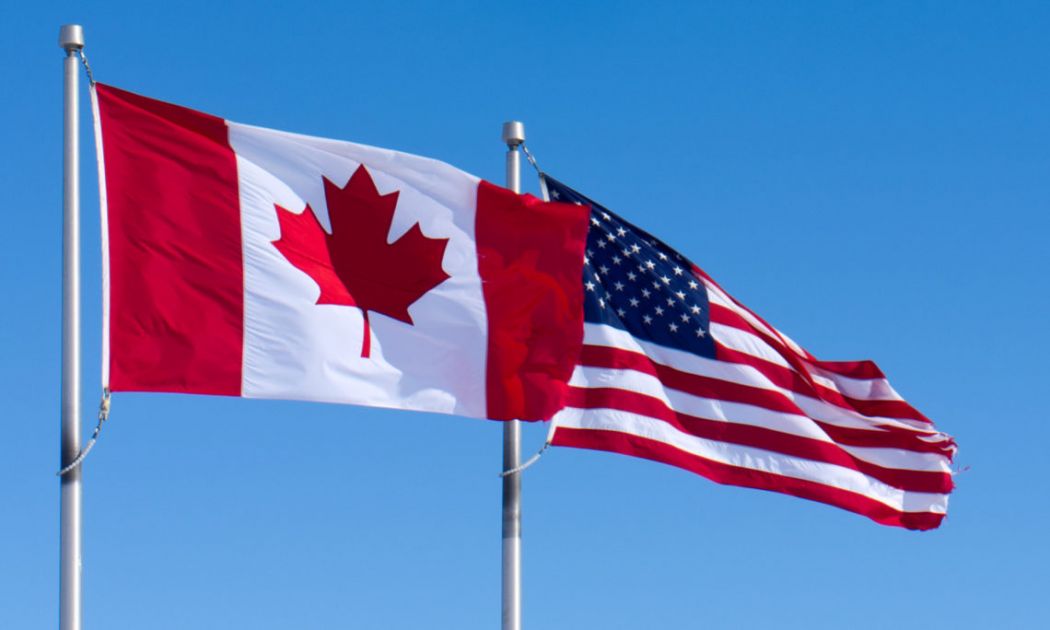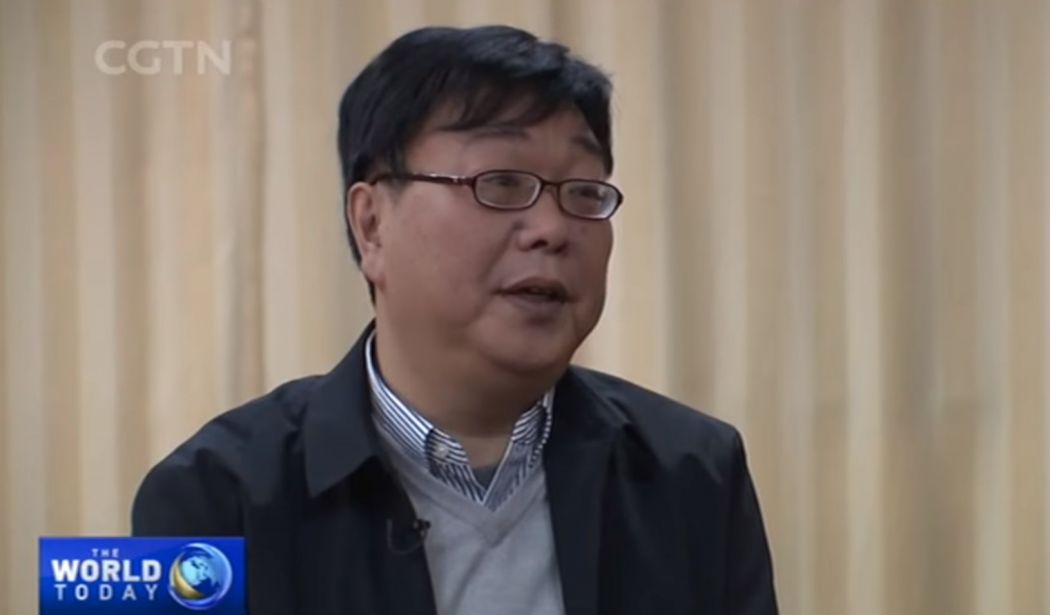By lawmaker Eddie Chu and ex-lawmaker Edward Yiu
In the midst of the China-U.S. trade war, the arrest of Huawei Chief Financial Officer Meng Wanzhou in Vancouver took place on December 1, 2018. The arrest of such a powerful Chinese figure shook the country of 1.3 billion and, not long after, three Canadians were detained in mainland China. There is speculation that the detention was a retaliation for the arrest of Meng.
Coincidentally, the Hong Kong government is currently putting forward a proposed amendment to the Fugitive Offenders Ordinance in order to – among other reasons – enable it to surrender fugitives to mainland China. Such a proposition is a 180-degree change of attitude on the government’s part, as the response of the security secretary to the Legislative Council in 2016 was still a conservative “no” when the issue last arose.

Furthermore, the exclusion of mainland China in the applicability of the current extradition law is not a case of neglect in its drafting in 1997, but an explicit and intentional exclusion. This is shown by the content in parentheses in the relevant article, which states: “other than the Central People’s Government or the government of any other part of the People’s Republic of China” and “other than any other part of the People’s Republic of China.” Therefore, the amendment is not a move to compensate as an afterthought, but rather a change of intention of the implicated law.
The original motive of excluding mainland China in the arrangements was clearly to safeguard the security of both Hong Kong people and all persons of any nationality who happen to come to Hong Kong, so that they may travel to – and live in – Hong Kong without the need to worry about being surrendered to mainland China for detainment and a trial which may not be open and fair. It was one of the most important measures to ensure a smooth transition from being a British colony to a Chinese Special Administrative Region under the Basic Law.
It has been implemented for more than 20 years without any difficulty, and there is no urgency to include mainland China in the extradition arrangements, as the current case used to justify the amendment is, in fact, one that was raised by the Taiwanese government. It is thus irrelevant to propose the inclusion of mainland China in the extradition arrangements, unless the underlying agenda of such a move is to exploit Hong Kong as a counter-strategic base to work against the international bloc while Beijing continues to develop its military and technology expansion in the future.

The intended effects of the amendments can be regarded as a mirrored counterpart of the legal rights utilised by the US government in Meng’s case. If the amendments are passed, then any person who happens to come to Hong Kong can be arrested and surrendered to mainland China with the consent of a court or the Chief Executive, and without deliberation in the Legislative Council of Hong Kong.
Given Hong Kong’s degree of globalisation, the rights of the HKSAR government to arrest and surrender fugitives offenders in Hong Kong to mainland China is a much more powerful political and legal tool than the Extradition Act of Canada in Meng’s case. It must be emphasised that there has just been one complaint on the extradition arrangements raised by the US government to the HKSAR government in the Hong Kong Policy Act Report 2018. The report alleged that the Hong Kong chief executive, Mrs. Carrie Lam, turned down a US fugitive surrender request on behalf of the Beijing government, and released said detainee to mainland China’s custody. The action was justified by saying that the individual was being tried for a separate crime in the mainland.

Should the allegation stand true, then the release of the detainee into the central government’s custody was an alleged ultra vires by the HKSAR government as far as s.2 of the Fugitive Offenders Ordinance (Cap. 503) is concerned. In other words, the amendments to the law can serve at least two political purposes: a counter-strategy to work against the international block by mainland China, and as a safeguard measure to protect Chinese in Hong Kong from being surrendered to the U.S.
It is the obligation of the US government to guarantee the rights of its citizens abroad, particularly if it is a basic human right. While Hong Kong functions under the common law system, with institutions which still strive to safeguard the Rule of Law as a functional principle, the Chinese Court is not known for the same. Such legislation could render Americans in Hong Kong vulnerable to be subjected to unfair trial in a court known for its rule by law and its function in serving the ideology of the Party. The American government would be surrendering its citizens to a deprivation of their right to fair trial.
Journalists and activists – locally and abroad – who have run into trouble for striving for justice and truth in mainland China, will be the most vulnerable victims of the amendment.

Given the above, it is also the duty of the American government to spearhead the protection of international human rights standards by opposing the amendments. The right to a fair trial is protected by the Universal Declaration of Human Rights and the International Covenant on Civil and Political Rights, not to mention the extended violation of rights such as the freedom of expression, as the Beijing government has precedent in charging activists with laws which are seemingly unrelated to politics.
One such example would be charging one of the owners of the Causeway Bay Book – Gui Minhai – with “driving under influence (DUI)” in 2015 as reported by the Hong Kong Free Press last month. As a reminder, Gui was asked to conduct a media interview in which he “confessed” to DUI and was later kidnapped by ten men in plain clothes right in front of the two Swedish diplomats accompanying him in January 2018. Given that Gui is a Swedish citizen, this can easily befall on a citizen of any nationality.
The amendment may seem like a minor change in the vast arena of the law, but this small revision could potentially have a domino effect, crippling aspect after aspect of human rights, and affecting not only Hong Kong citizens, but anyone around the world planning to travel to or pass through Hong Kong.
